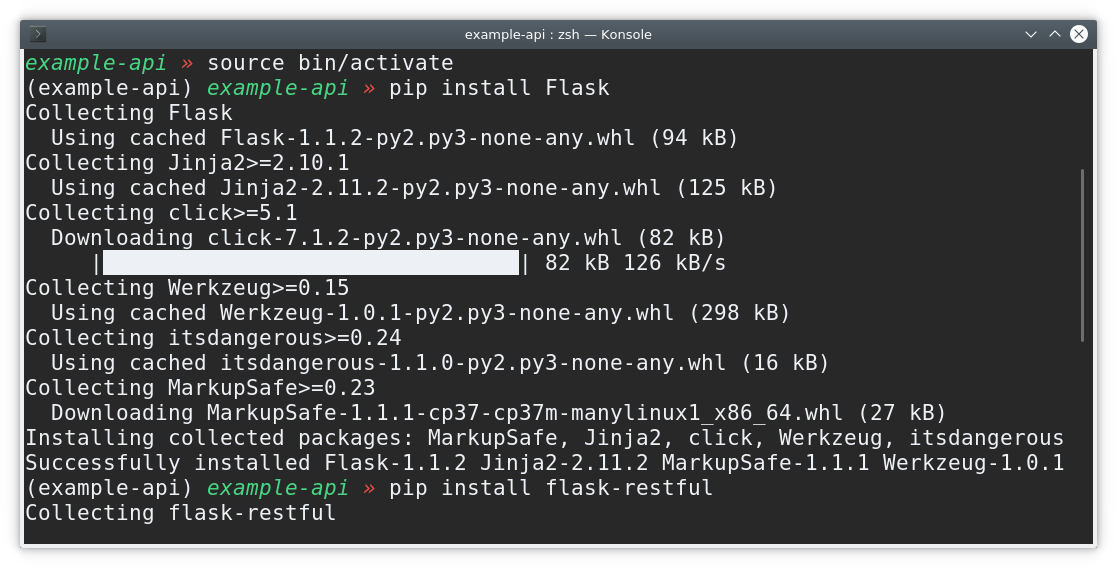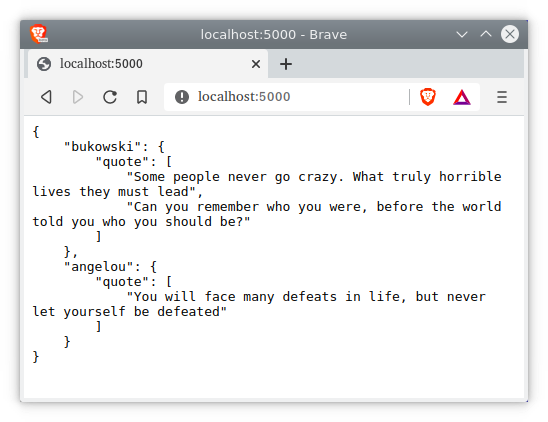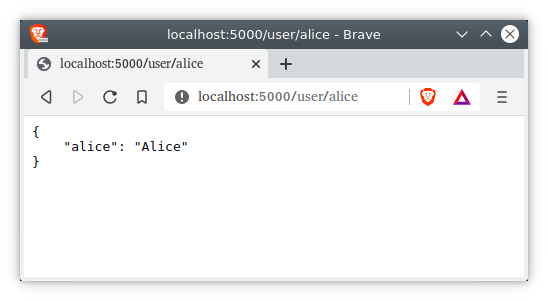Python Flask is a popular microframework utilized for web application development. In this article, we’ll delve deep into how to harness the power of Flask-RESTful to craft RESTful APIs efficiently.
Flask-RESTful is an extension for Python, specifically designed to facilitate rapid REST API development. This extension offers a straightforward abstraction ideal for integrating with ORM and other libraries.
Setting Up the Environment
Before diving into application creation, it’s imperative to set up a conducive environment that ensures the isolated installation of Python packages.
To achieve this, virtualenv is your go-to solution:
sudo pip install virtualenv |
Following its installation, you can create and then activate a virtual environment, aptly named venv:
virtualenv venv |
With the virtual environment up and running, it’s time to install Flask and Flask-RESTful:
pip install Flask |

Crafting a Flask Rest API
With the required libraries installed, let’s initiate the creation of a file named main.py. First on the agenda is importing Flask and the flask_restful module:
from flask import Flask |
For the sake of this demonstration, we’ll curate a small class as illustrated below:
class Quotes(Resource): |
Despite the static data used here, the flexibility of Flask allows for integration with dedicated servers. Following this, we need to add the crafted class to our API:
api.add_resource(Quotes, '/') |
Collating everything, the final code resembles the following:
from flask import Flask |
Once you run the script, the following output emerges:
~ » python api.py |
Just navigate to localhost:5000/ to view the comprehensive JSON object.

Diving into Resourceful Routing
For this segment, let’s begin by crafting the script showcased below:
from flask import Flask, request |
To get a sense of this API’s capabilities, add a few users to the initially empty users dictionary via HTTP PUT requests. The Python shell is an excellent environment to emulate web browser requests:
from requests import put,get |
Furthermore, these GET requests can be executed directly from your web browser for a visual inspection.

